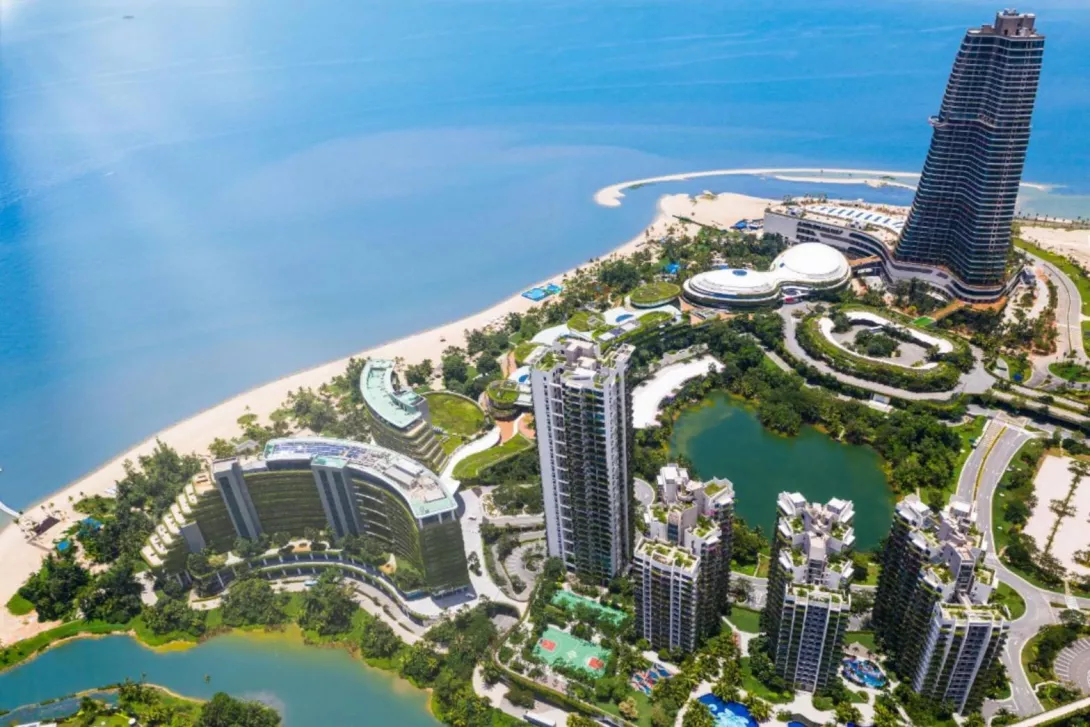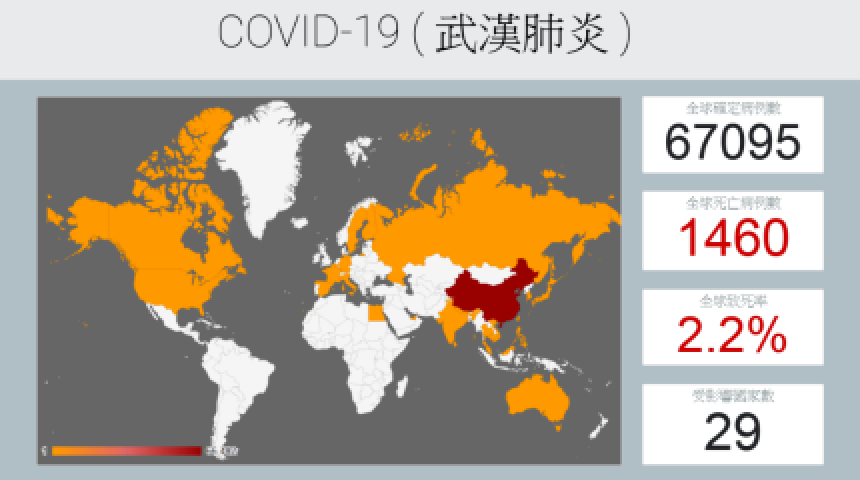馬來西亞的未來城市夢碎:碧桂園千億投資淪為「鬼城」- 中國尋求補救出路

馬來西亞柔佛州新山沿海,矗立著一座規模宏大的未來城市──「森林城市」(Forest City)。由中國房地產巨頭碧桂園(Country Garden)與柔佛州政府合作開發,總投資額超過1000億令吉(約220億美元),曾被譽為「智慧生態都市」、「中新合作新典範」,如今卻因發展停滯、住戶稀少,被國際媒體形容為「現代鬼城」。
該項目自2014年動工,原計畫打造可容納70萬人口的智慧城市,包含住宅、商辦、學校、高爾夫球場與海景度假設施等,主打外國買家、特別是中國中產階級市場。然而近年在多重衝擊下,這場未來城市夢逐漸幻滅。
多重打擊:資金外流限制、疫情與房企危機
中國於2017年起加強資本外流管控,限制國人購買海外房產,使得森林城市的中國客戶大量流失。隨後2020年爆發新冠疫情,馬來西亞長期封國封城,更導致在地建設延宕、跨境投資受挫。此外,碧桂園本身亦陷入嚴重債務危機,根據路透報導,截至2024年,碧桂園面臨逾千億人民幣的債務違約風險,使森林城市開發進一步陷入困局。
雖然四座人造島嶼及多棟高樓已建成,然而實際入住人口僅約2000至9000人不等,遠低於預期。多數單位空置,商場冷清,部分設施停用,國際媒體形容「海風吹得比人聲還多」,現場景象宛如空城。
中國與馬來西亞政府尋求補救
面對如此尷尬局面,碧桂園與中方相關單位並未完全放棄森林城市的挽救可能。根據《金融時報》與《新加坡聯合早報》等媒體報導,馬來西亞國王依布拉欣近月積極推動將森林城市納入新設立的「柔佛–新加坡經濟特區」規劃中,希望透過與新加坡的經貿聯動注入活水,吸引投資與人口。
另一方面,中國駐馬來西亞大使歐陽玉靖在公開活動中強調,中馬經濟合作正邁入高質量發展階段,未來將強化基礎建設、數位科技與綠能等新興領域的合作,森林城市仍具戰略價值。據悉,中國商務部與部分大型國企正評估是否參與此區域重整與產業導入。
此外,中國也藉由「一帶一路」倡議對馬來西亞基建項目進行再布局。有分析指出,若能將森林城市納入數位樞紐、綠能示範區,並提供更友善的居住與就業條件,或許能挽回部分市場信心。
投資者權益仍懸而未解
儘管中馬雙方展開補救,森林城市的業主與投資人卻仍面臨難題,許多買家至今無法取得產權證書,房屋空置無法出租,欲轉售亦乏人問津。部分單位交屋多年未能妥善驗收,甚至衍生法律糾紛。
專家指出,森林城市的教訓在於缺乏本地市場支持、過度依賴中國買家,以及對政策風險判斷不足。馬來西亞國內經濟學者認為,未來應更強調與本地產業鏈接與社區融合,而非僅依靠外來資金推動地產熱潮。
森林城市的未來仍未明朗。這場「未來城市夢」是否終將破碎,抑或能在中馬雙方努力下浴火重生,將是東南亞區域經濟與中資海外佈局成敗的關鍵指標。
Malaysia’s Future City Dream Shattered: Country Garden’s RM100 Billion Investment Turns into a “Ghost Town” — China Seeks Rescue Options
Along the coast of Johor Bahru in Malaysia stands an ambitious megaproject — Forest City. Co-developed by Chinese real estate giant Country Garden and the Johor state government, the project had a total investment of over RM100 billion (approx. USD 22 billion). Once hailed as a “smart eco-city” and a “model for China-Malaysia cooperation,” the project has now been described by international media as a “modern ghost town” due to development stagnation and low occupancy.
Launched in 2014, Forest City was originally planned as a smart metropolis to accommodate 700,000 residents, complete with housing, commercial complexes, schools, golf courses, and seaside resorts. It targeted foreign buyers — particularly China’s middle class. However, in recent years, a series of setbacks has gradually derailed this futuristic dream.
Multiple Blows: Capital Controls, COVID-19, and a Real Estate Crisis
In 2017, China tightened capital controls, restricting citizens from purchasing overseas properties — leading to a sharp decline in Chinese buyers for Forest City. The COVID-19 pandemic, starting in 2020, caused prolonged border closures in Malaysia, further delaying construction and disrupting cross-border investments.
Meanwhile, Country Garden itself fell into a severe debt crisis. According to Reuters, by 2024, the company faced over CNY 100 billion (USD 14 billion) in bond default risks, pushing Forest City’s development further into uncertainty.
Although four artificial islands and several high-rise buildings have been completed, actual occupancy remains low — between 2,000 and 9,000 people, far below expectations. Most units remain vacant, malls are quiet, and some facilities are no longer operational. International outlets have remarked that “the sea breeze is louder than human voices,” portraying a hauntingly empty scene.
China and Malaysia Seek Remedies
Despite the embarrassment, neither Country Garden nor Chinese stakeholders have entirely given up on salvaging Forest City. According to The Financial Times and Lianhe Zaobao, Malaysia’s King Sultan Ibrahim has recently been pushing to include Forest City in the newly proposed Johor–Singapore Special Economic Zone (JS-SEZ). The aim is to revitalize the area through cross-border economic integration with Singapore, thereby attracting fresh investments and population inflows.
Meanwhile, Ouyang Yujing, China’s Ambassador to Malaysia, emphasized in public remarks that China–Malaysia economic cooperation is now entering a “high-quality development” phase. He indicated that future collaboration would focus on infrastructure, digital technology, and green energy — all of which give Forest City continued strategic relevance. Reports suggest that China’s Ministry of Commerce and several major state-owned enterprises are evaluating whether to participate in regional restructuring and industrial revitalization of the area.
Additionally, through the Belt and Road Initiative (BRI), China is realigning its infrastructure investment strategy in Malaysia. Analysts suggest that if Forest City can be rebranded as a digital hub or green-energy demonstration zone — and offer more livable and work-friendly conditions — investor confidence may gradually return.




回應文章建議規則: